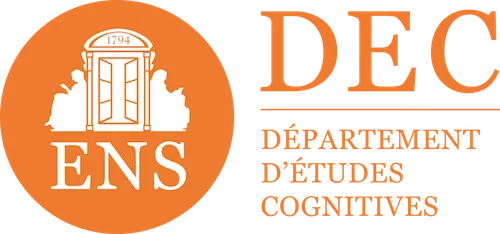

What is swarm learning?
Swarm learning represents a major innovation in the field of distributed artificial intelligence. Inspired by collective behaviors observed in nature, this decentralized learning model allows organizations to collaborate on AI projects without ever sharing sensitive data. Exceeding the limits of traditional centralized approaches, swarm learning offers an innovative solution to privacy challenges while improving the quality of predictive models.
What is Swarm Learning exactly?
Swarm learning is a decentralized machine learning technology that is inspired by the distributed intelligence of swarms in nature, such as the ant colony. This approach allows different organizations to collaborate on AI algorithms at scale without ever exposing their confidential databases.
Unlike traditional centralized methods, swarm learning works on a distributed network where each member learns locally and then shares only the knowledge acquired. Private data always remains secure on its original site, solving a major privacy problem.
How does Swarm Learning work in practice?
Swarm learning relies on blockchain to orchestrate the secure sharing of knowledge between participants. Each member of the group trains their model on their own data locally, often using principles derived from swarm intelligence or swarm robotics.
Only the parameters of the model (not the data) are then shared through a consensus mechanism that guarantees the integrity of the system. This approach eliminates the need for a central server while maintaining high collaboration efficiency.
The process generally takes place in repeated cycles of local learning and then knowledge fusion, allowing the global model to be constantly improved. Updating the algorithms is the result of collective action where each connected node is able to contribute without compromising its security.
What are the benefits of Swarm Learning for organizations?
It has several strategic advantages for any organization working with big data:
- Complete privacy protection for sensitive data
- Significant improvement of algorithms thanks to the diversity of learning sources
- Reduced infrastructure and data transfer costs
- Easier compliance with regulations like the GDPR
- Increased resilience in the face of breakdowns or cyberattacks
- Ability to deploy AI models to a large number of users
In particular, this technology allows highly regulated sectors such as health or finance to collaborate on AI projects without risking exposing their confidential databases.
Practical applications in vocational training
In the field of vocational training, swarm learning could radically transform the personalization of learning paths. The training platforms could collaborate to improve their algorithms without ever compromising learners' data.
In the future, this approach would make it possible to considerably enrich content recommendation models and Adaptive learning.
Conclusion: towards a more collaborative and secure future
Swarm learning paves the way for unprecedented collaborations between organizations while respecting the most stringent confidentiality requirements.
For businesses looking to deploy talent management solutions in the cloud while protecting their data, this approach offers a promising answer to today's security challenges. It fits perfectly into Didask's vision of a digital future that is both innovative and ethical.
Make an appointment directly with our eLearning experts for a demo or simply more information.












